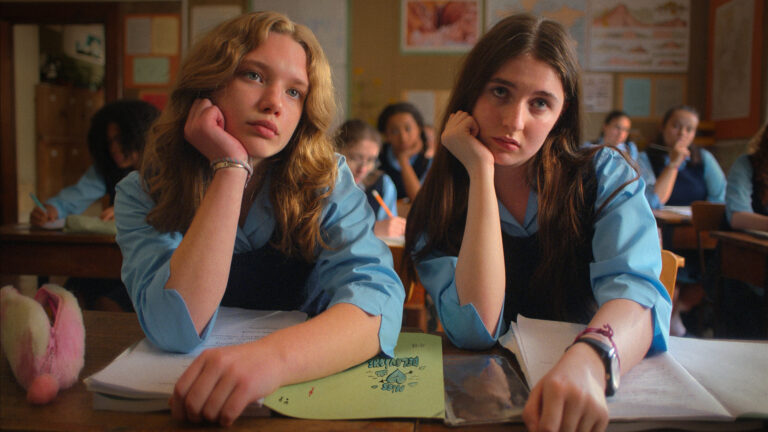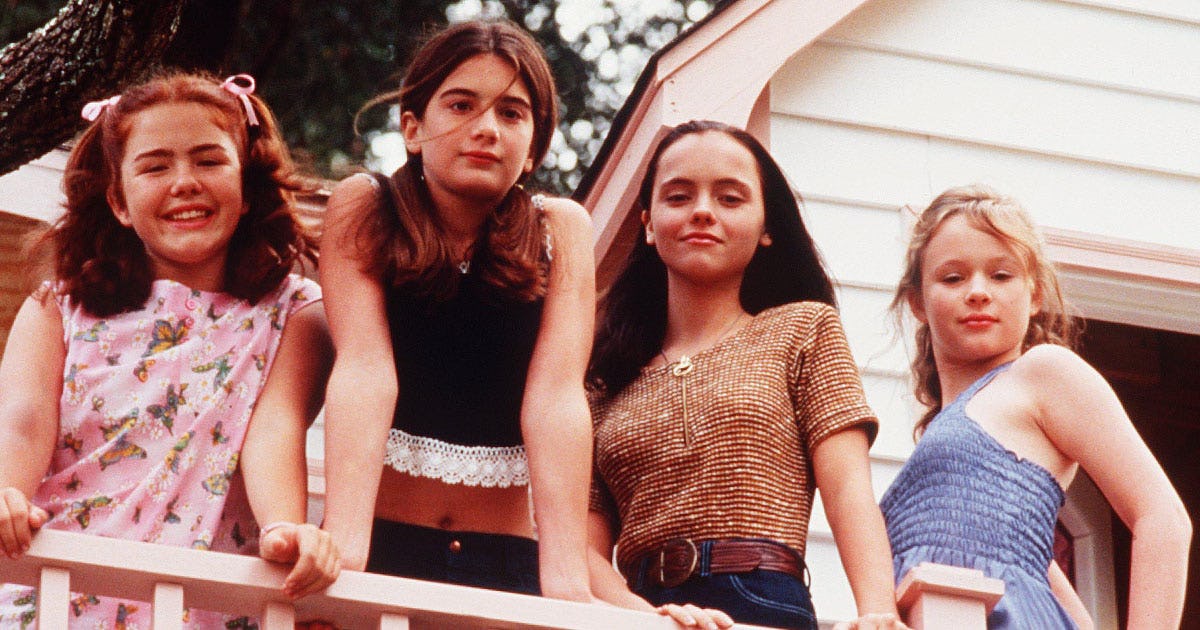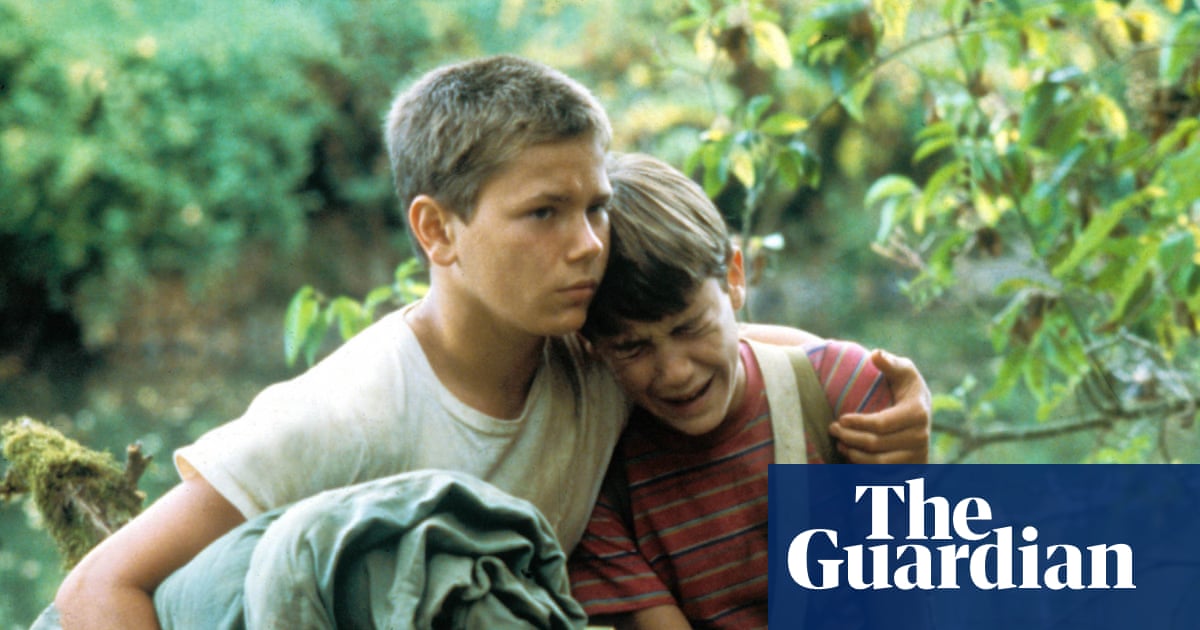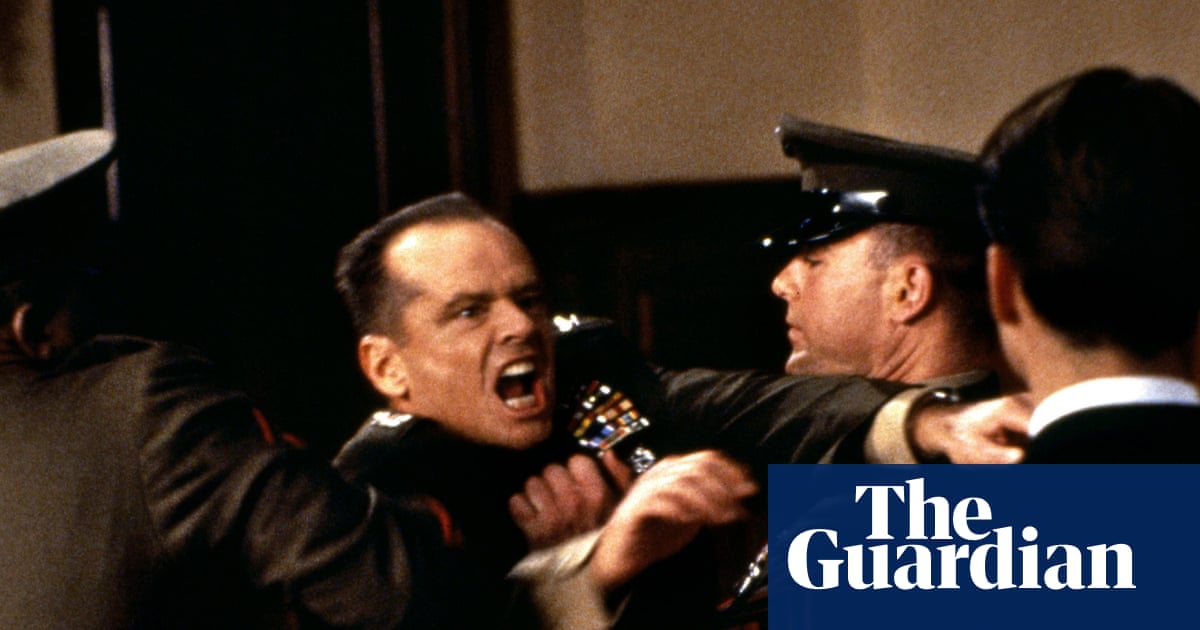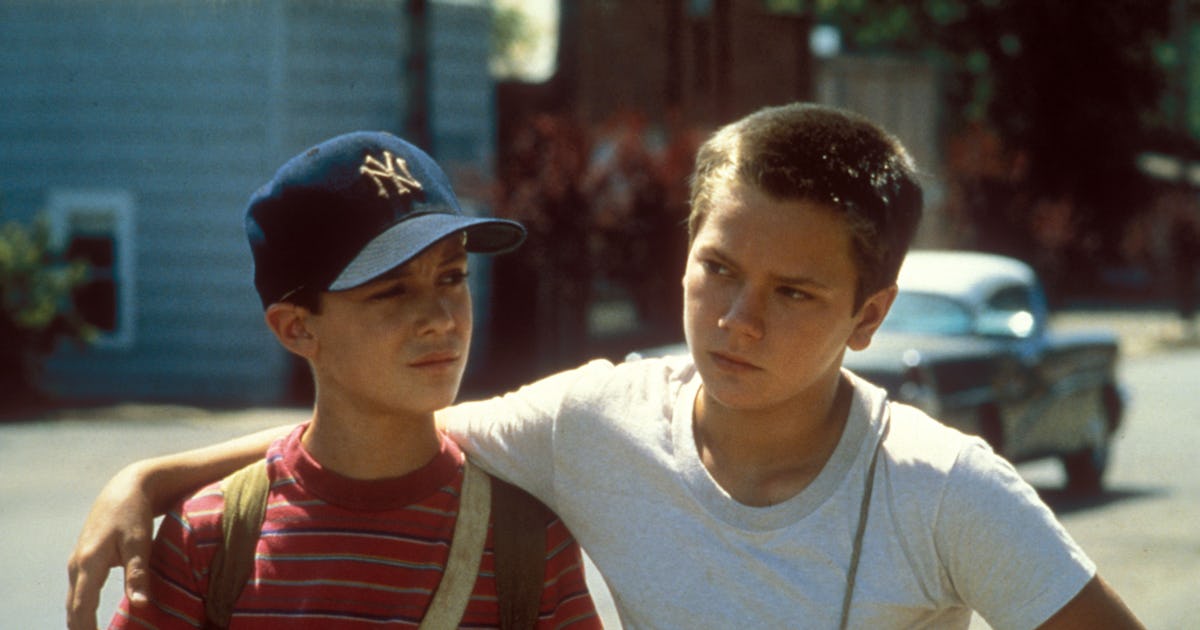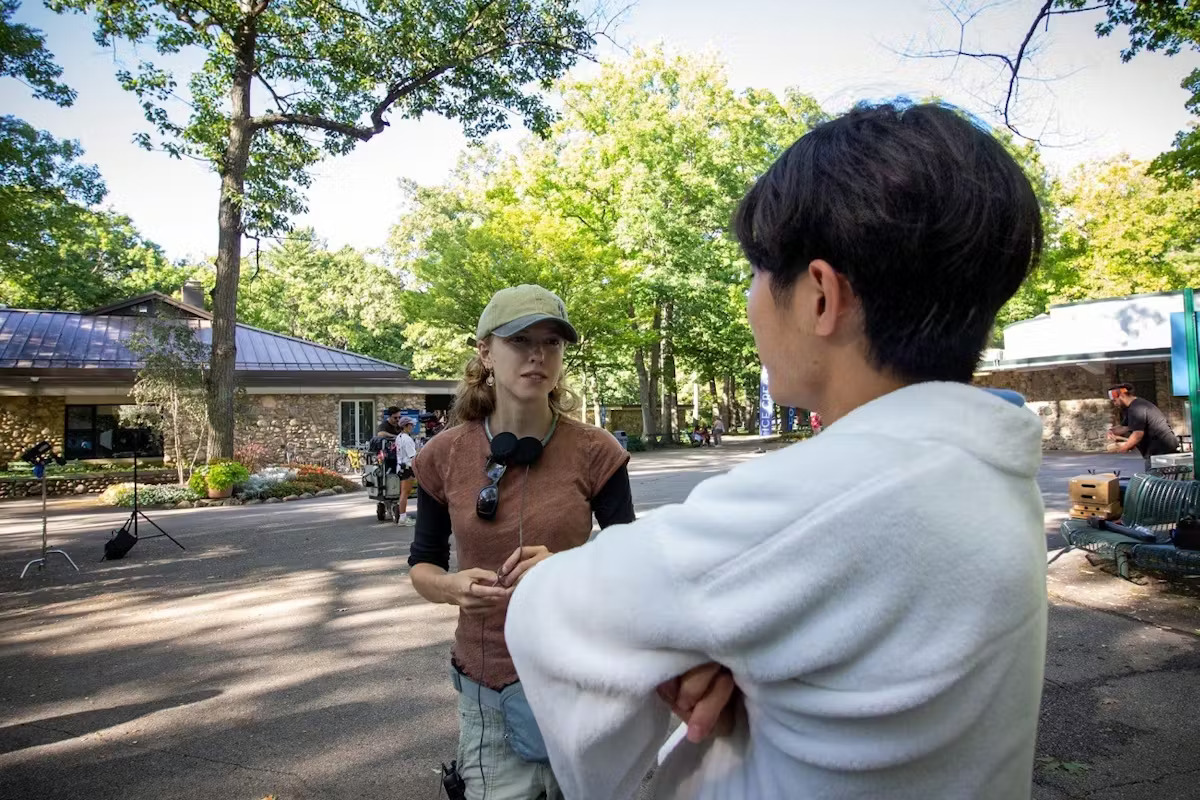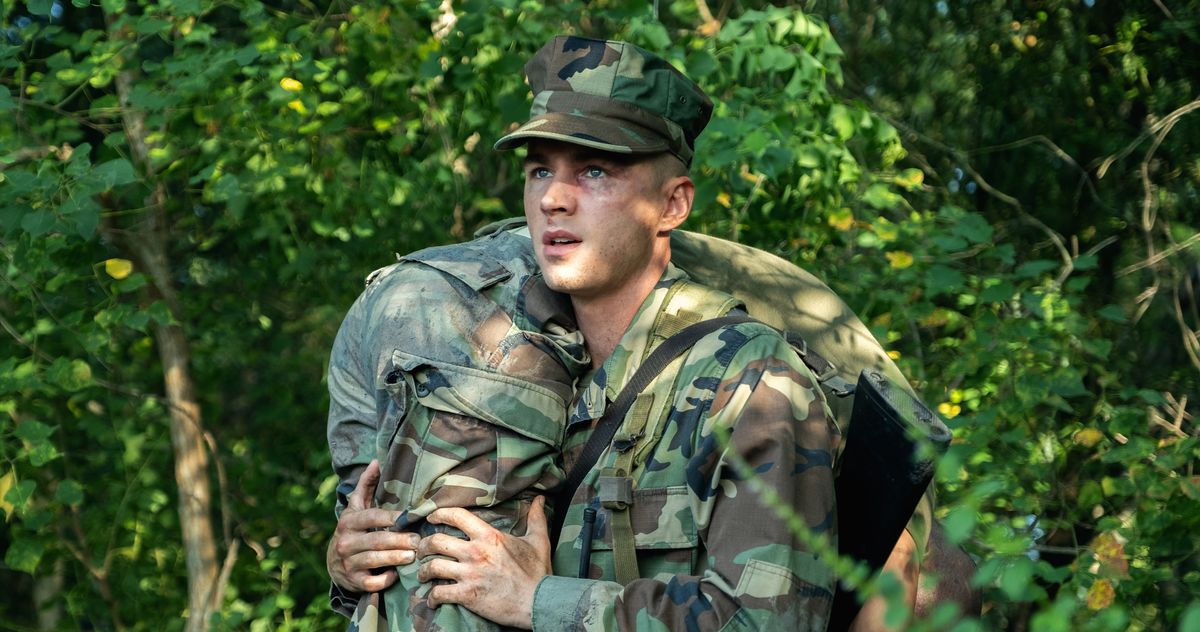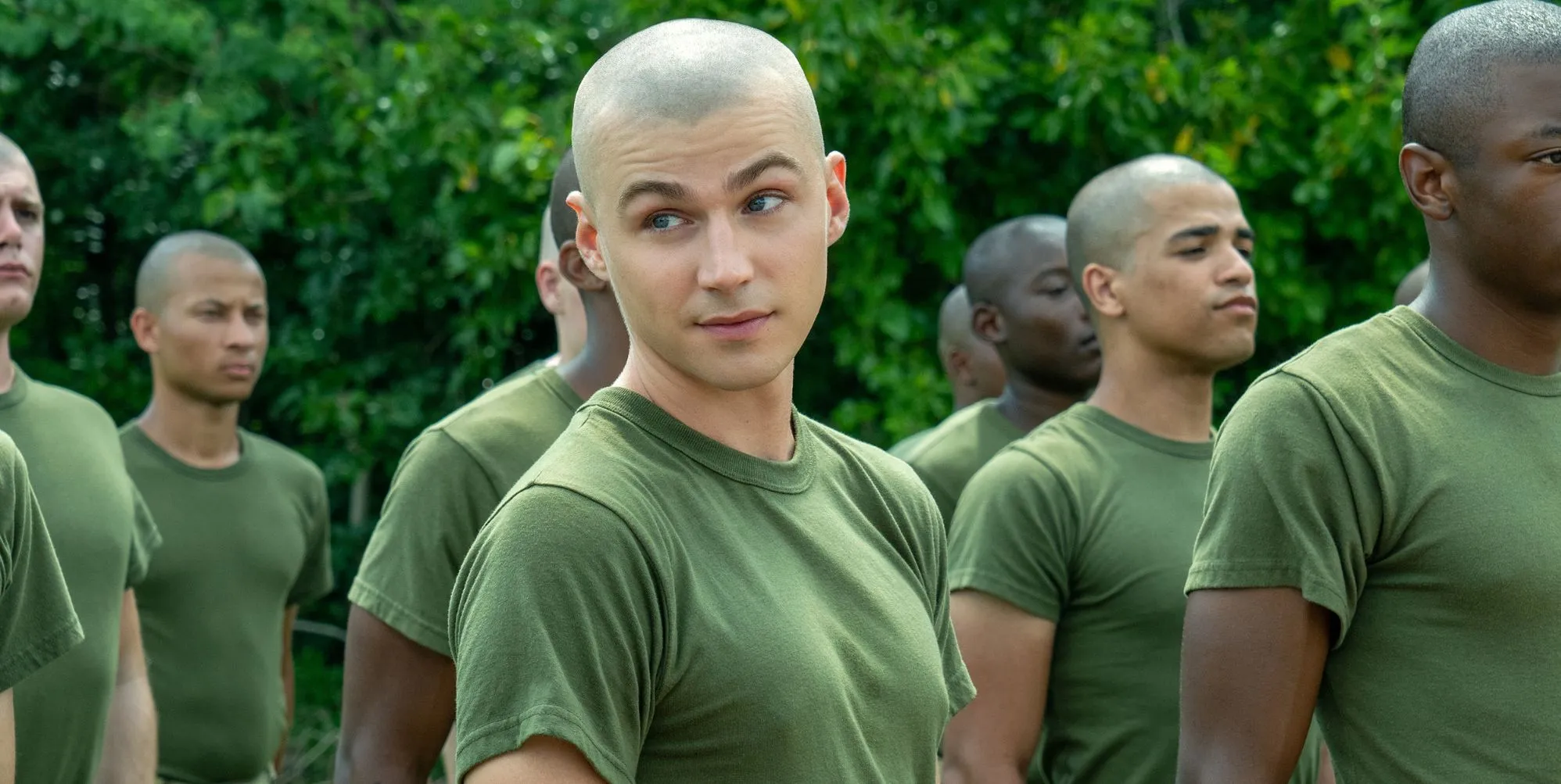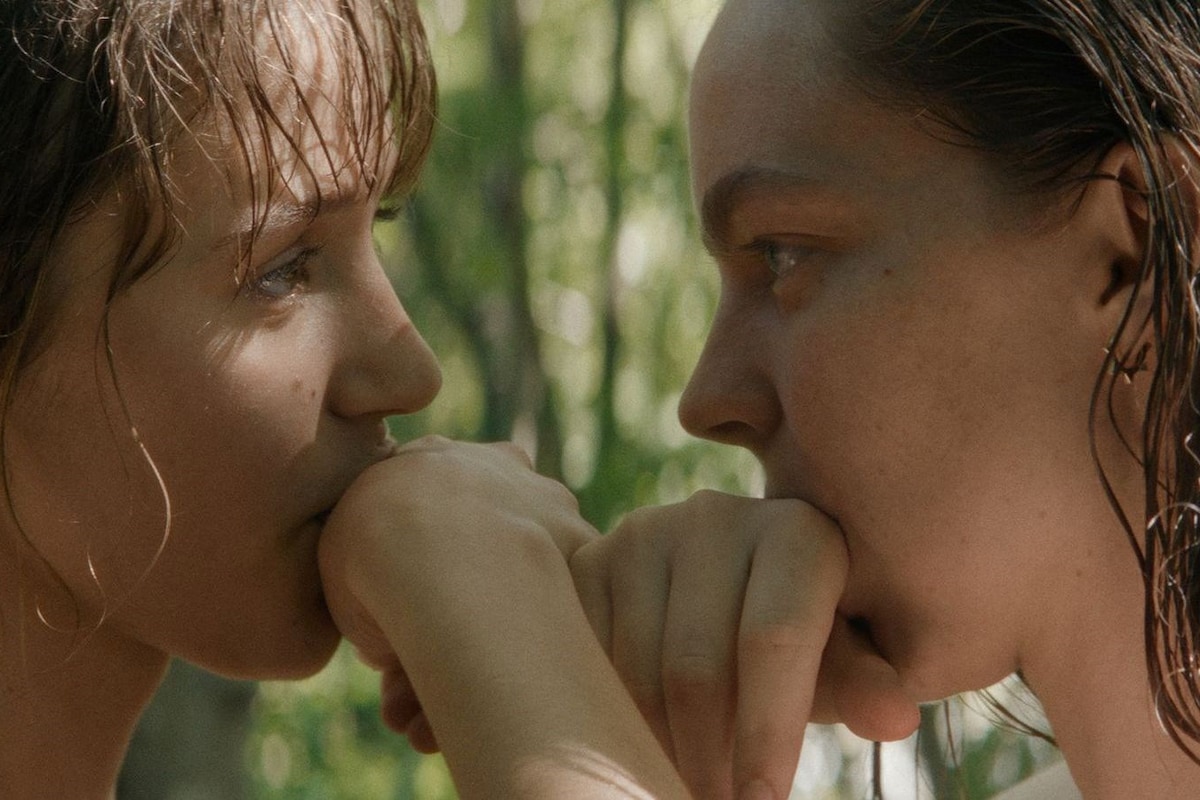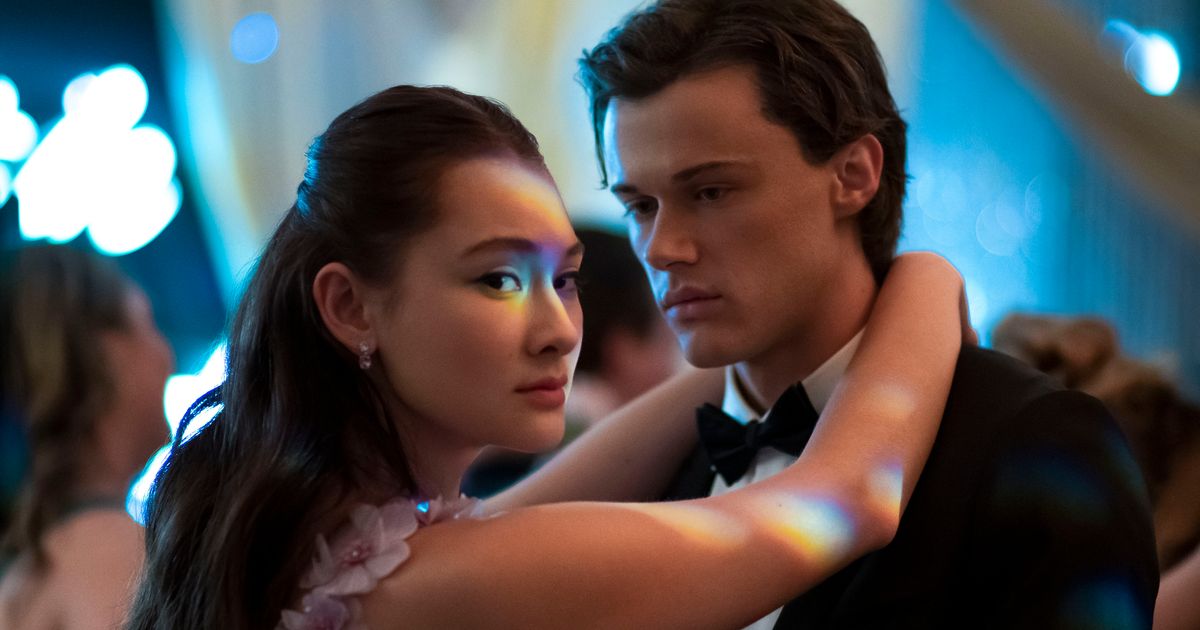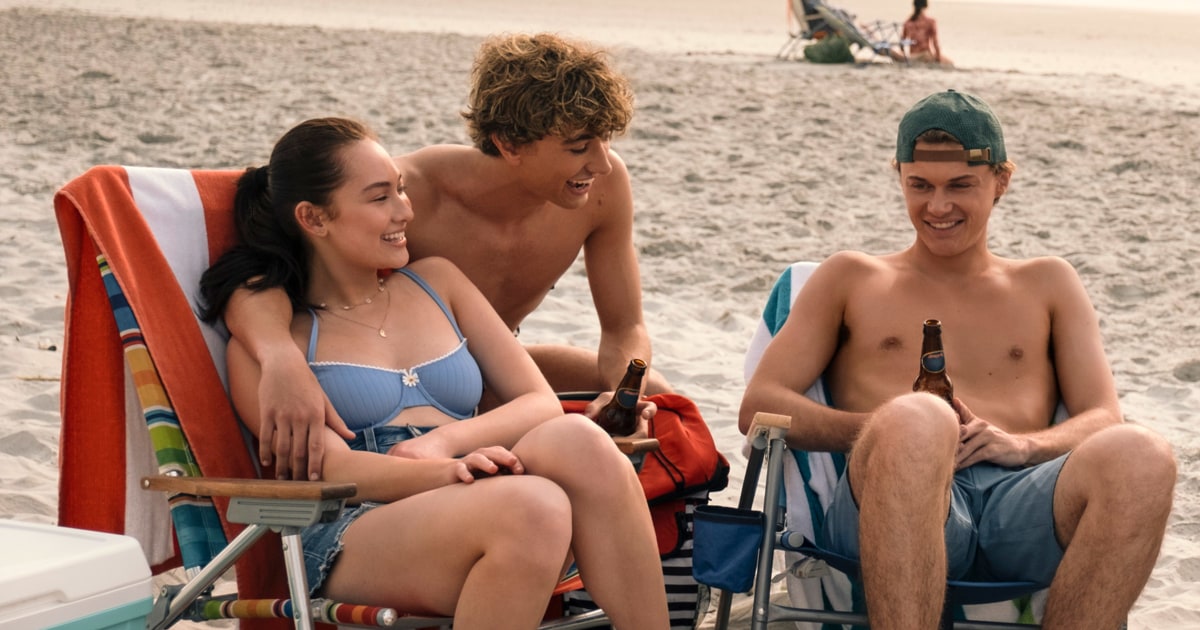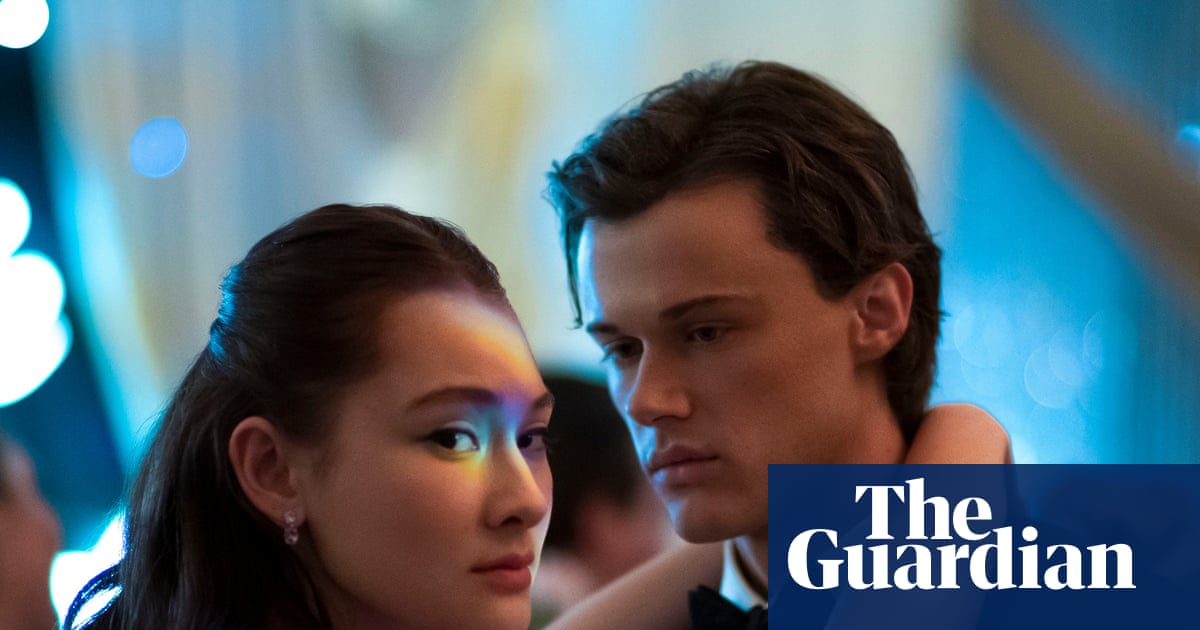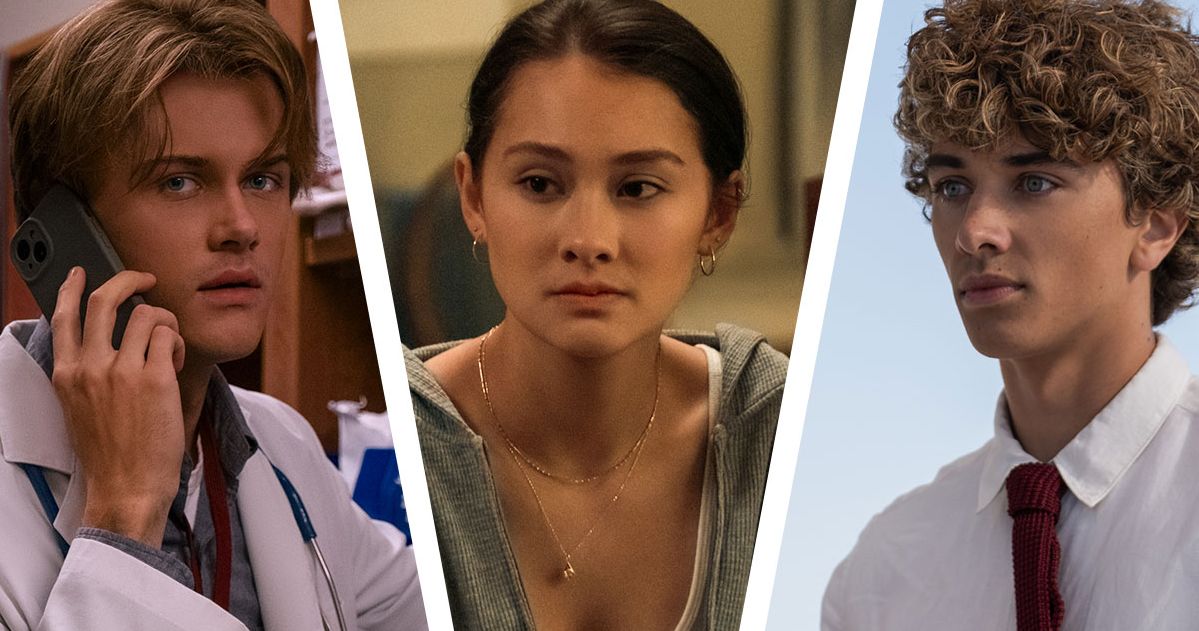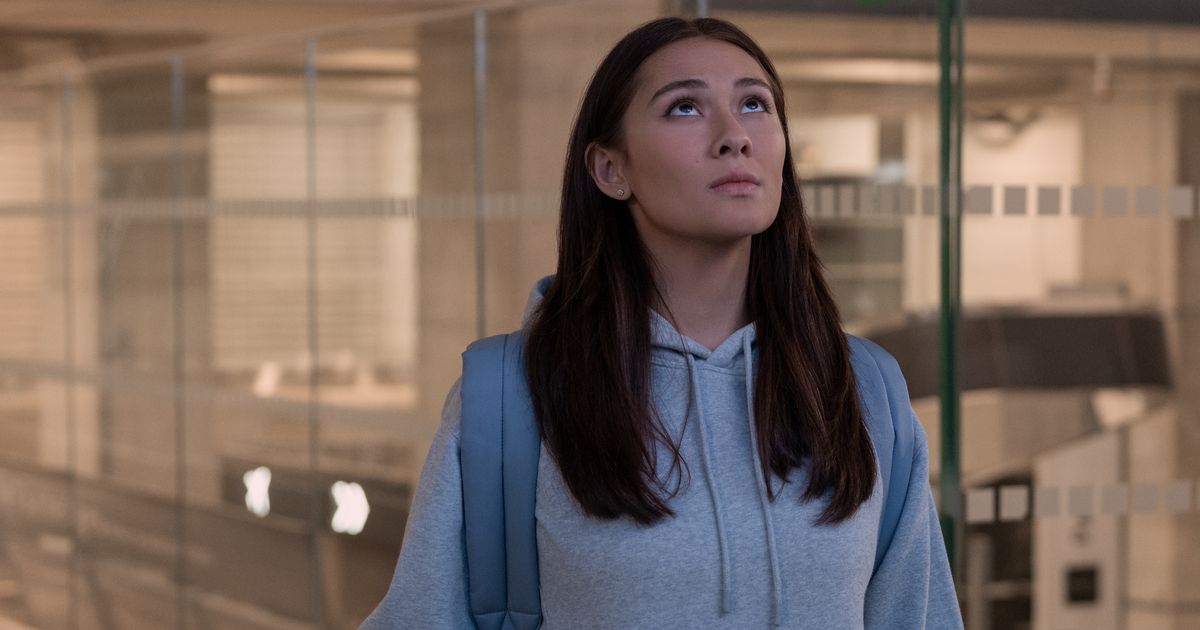fromFilmmaker Magazine
2 days ago"The Psychological Horror of Being a 13-Year-Old": Charlie Polinger on The Plague
After spotting that Eli's rash guard conceals a red, flaky skin disorder, the boys have concluded that he has the titular plague, a contagious disease that affects social standing as much as it does dermatological well-being. If anyone ever touches him, they must thoroughly wash themselves before they're considered full-blown infected. Even something as innocent as Eli sitting at the same lunch table sends his teammates running and screaming.
Film
